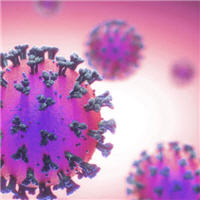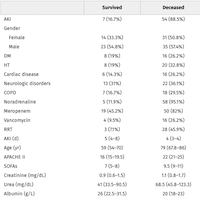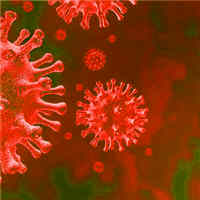COVID-19: Antibody-Dependent Enhancement
blogs.sciencemag.org
The simple definition of ADE is “raising antibodies that don’t protect, but actually make a viral infection even worse”. And obviously, that’s the opposite of what you want. Remember that there are “neutralizing” antibodies as opposed to non-neutralizing ones – a neutralizing antibody, as the name implies, binds to its target in a way that shuts its function down.
That’s generally done by blocking the “business end” of a given protein target, smothering the binding surface that it would need to do its usual job. For the coronavirus, a straightforward example of a neutralizing antibody would be on that binds to the tip of the Spike protein, the receptor-binding domain (RBD) that is the part that recognizes and binds to the human ACE2 protein on a cell surface. Block that thoroughly enough, and it would seem that you have blocked the virus’s ability to infect your cells.
At this point, the main worry for any Antibody-Dependent Enhancement (ADE) effects would be if the coronavirus mutates to the point that the antibodies generated by the current vaccines become non-neutralizing. And honestly, I don’t see that happening (it certainly doesn’t seem to have happened yet).
Targeting the Spike protein is another big benefit that we got from the earlier SARS work; which suggested that (for example) targeting the Nucleocapsid (N) protein was riskier.
With the Spike, you put the virus in an evolutionary tight spot: evading the antibodies while trying not to lose the ability to bind to the human ACE2 protein.
So far, that looks like too narrow a path for the virus to stumble through.















